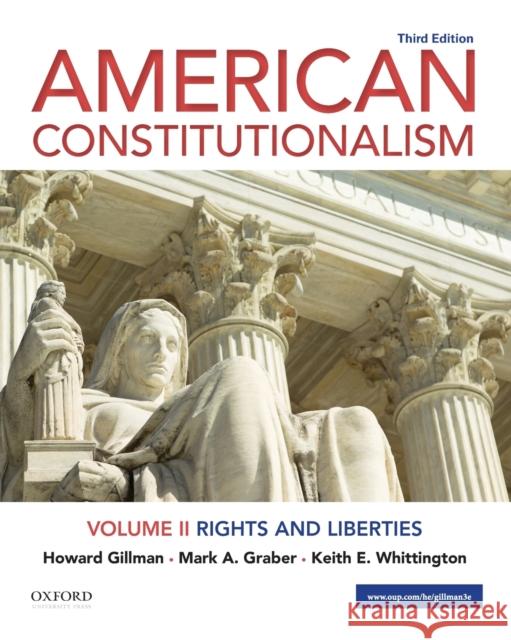American Constitutionalism: Volume II: Rights and Liberties » książka
topmenu
American Constitutionalism: Volume II: Rights and Liberties
ISBN-13: 9780197527641 / Angielski / Miękka / 2020 / 984 str.
Kategorie:
Kategorie BISAC:
Wydawca:
Oxford University Press, USA
Język:
Angielski
ISBN-13:
9780197527641
Rok wydania:
2020
Ilość stron:
984
Waga:
1.73 kg
Wymiary:
25.15 x 20.32 x 3.81
Oprawa:
Miękka
Wolumenów:
01
Dodatkowe informacje:
Glosariusz/słownik











